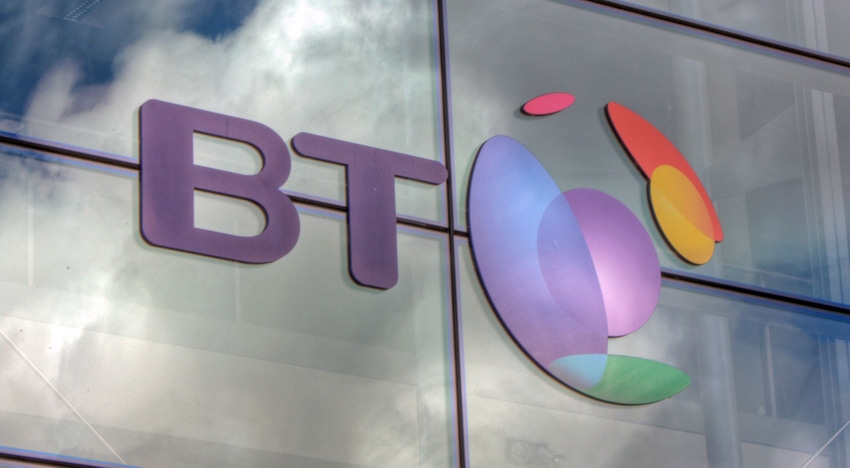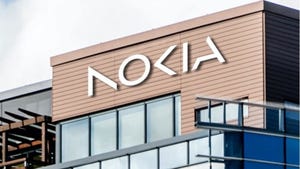BT’s CEO Gavin Patterson has called for regulators to impose tough new minimum levels of broadband, fibre coverage and service, to help it preserve Britain’s lead as the G20’s most digitised economy.
September 22, 2015

BT’s CEO Gavin Patterson has called for regulators to impose tough new minimum levels of broadband, fibre coverage and service, to help it preserve Britain’s lead as the G20’s most digitised economy.
Speaking at BT’s Delivering Britain’s Digital Future conference in London, Patterson pledged that BT would tackle slow speeds in hard-to-reach parts of the country, roll out ultrafast broadband in 2016 and improve customer service.
His speech comes the day after BT was compelled to defend itself from the latest attack on the conduct of its Openreach wholesale broadband division. The timing of the attack was presumably no coincidence and it emphasised how high the stakes are for BT following the additional regulatory scrutiny its proposed acquisition of EE has created.
Britain has the highest percentage of its gross domestic product (GDP) coming from digital services, according to Patterson, which makes it the leading digital economy in the G20. BT’s own contribution to the UK economy, according to consultancy KPMG, is worth up to £30 billion. In his speech Patterson outline how the UK should preserve this lead.
The proposed measures include a lower minimum broadband level of 5 to 10 Megabits per second (Mbps) for every home and business, subject to regulatory support. BT said it intends to extend fibre broadband coverage beyond the government’s target of covering 95 per cent of premises. BT also aims to give 10 million premises access to ‘ultrafast’ broadband (ranging from 300 to 500Mbps) by the end of 2020, with some availability of 1Gbps services. The connections on offer would be a combination of fibre-to-the-premises technology, as well as new G.fast technology, using existing Fibre-to-the-Cabinet infrastructure.
The movement to create a broadband infrastructure will also include the funding and recruitment of 90 community broadband schemes which BT has pledged to support. Patterson said BT would “never say no” to providing faster broadband to communities, promising the company would explore new funding and technical options. BT’s Adastral Park research laboratories is testing new technologies such as ‘wireless to the cabinet’ and ‘long reach VDSL’ to help bring higher speed broadband to hard-to-reach communities, he said.
Meanwhile, Openreach chief executive Joe Garner admitted there was ‘more to do’ on service. In the period between 2014 and 2015 BT exceeded all 60 Ofcom service standards and hired 3,000 extra engineers in a bid to cut installation waiting times and fix faults faster. However, BT is hamstrung, he complained, because customers often cannot deal direct with Openreach, but must deal with their retail broadband provider. Garner declared he is open to having Openreach deal directly with end-customers, subject to consulting Ofcom and telecom providers.
Visit the world’s leading conference and exhibition focused on fixed mobile convergence – Broadband World Forum 2015 – in London on 20-22 October.

About the Author(s)
You May Also Like








.png?width=300&auto=webp&quality=80&disable=upscale)


_1.jpg?width=300&auto=webp&quality=80&disable=upscale)


.png?width=800&auto=webp&quality=80&disable=upscale)